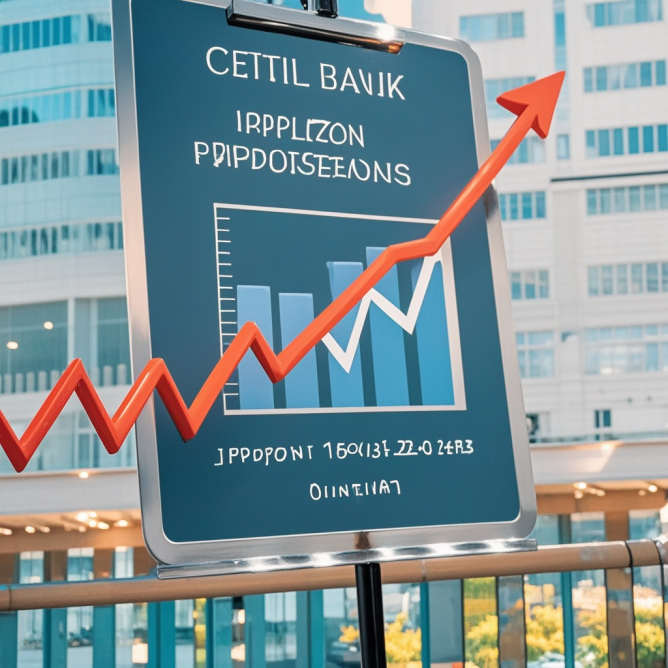New Zealand Inflation Expectations Rise to One-Year High in Q2 Amid Rate Cut Speculation
At a critical juncture when markets widely anticipate the Reserve Bank of New Zealand (RBNZ) to cut interest rates at the end of this month, a key survey released by the central bank on Friday has drawn significant attention. The data shows that New Zealand's inflation expectations climbed to their highest level in a year during the second quarter, introducing considerable uncertainty into the country's economic and monetary policy outlook.
According to the RBNZ’s quarterly survey, inflation expectations over a two-year horizon—a key timeframe for assessing the impact of the central bank’s policy actions on prices—showed a notable shift. Specifically, inflation expectations surged from 2.06% in the first quarter to 2.29%, marking the highest level in the past year.
This shift reflects a complex economic backdrop. While New Zealand maintains a degree of economic independence, it is not immune to global economic fluctuations. Rising trade tensions and volatile commodity prices have subtly influenced domestic price levels. Meanwhile, domestic economic restructuring and labor market dynamics have also contributed to higher inflation expectations.
The rise in inflation expectations carries significant implications for New Zealand’s economic development and monetary policy. On one hand, elevated inflation expectations may prompt consumers to spend sooner, stimulating economic growth. On the other hand, if left unchecked, they could lead to a sharp increase in actual inflation, undermining economic stability.
The RBNZ now faces a dilemma. Market expectations of a rate cut were initially aimed at stimulating growth and countering potential economic slowdown risks. However, rising inflation expectations complicate the decision. While a rate cut could lower corporate financing costs and boost investment and consumption, it might also further fuel inflation expectations, exacerbating price pressures.
Market reactions have been mixed following the survey’s release. New Zealand’s financial markets experienced some volatility, with equities and bonds showing signs of strain. Investors, wary of economic and policy uncertainties, have adjusted their portfolios accordingly. The New Zealand dollar also fluctuated, reflecting the market’s ambivalence toward the country’s economic prospects.
For businesses and consumers, higher inflation expectations bring varying degrees of impact. Companies must carefully adjust production and pricing strategies amid rising costs, while consumers may face higher living expenses, prompting shifts in spending behavior.
Looking ahead, the RBNZ’s decision at the end of this month will be closely watched. Striking a balance between stimulating growth and containing inflation expectations will be a major challenge—one that will not only shape New Zealand’s short-term economic stability but also have long-term consequences. The market now waits to see which direction the country’s economy will take.
